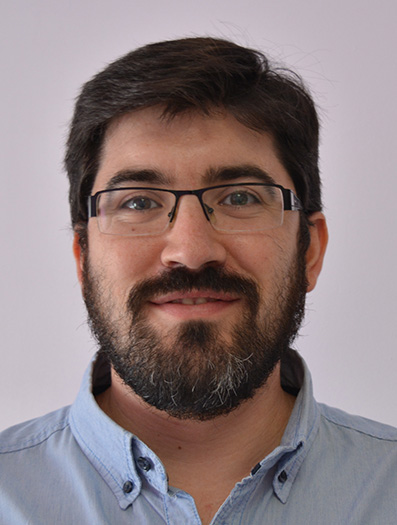By Millán Díaz-Foncea,
Researcher at the GESES Group, University of Zaragoza,
Member of CIRIEC International and the EMES International Research Network
The International Research Colloquium on Cooperatives, held on May 30–31, 2025 in Trento, Italy, as part of the 2025 International Year of Cooperatives, marked a turning point for those who are actively involved in international research networks on the social economy. Organized by EURICSE and the University of Trento, in collaboration with CIRIEC International, the ICA Global Committee on Cooperative Research (ICA CCR), and the EMES International Research Network, the event stood out not only for its scientific richness but also for its ability to highlight the transformative potential of for a structured dialogue between networks that, although they often intersect through publications and projects, rarely take the time for a truly organized exchange.
The Colloquium’s program was structured around four thematic axes that reflect the core debates of contemporary cooperativism: the transformation of cooperative structures; their role in ecological and democratic transitions; the relationship between cooperatives, labor, and participation; and the strengthening of the cooperative movement through inter-cooperation. Beyond the valuable scientific exchange, one of the most compelling outcomes was the space created to reflect on how we, as researchers in cooperativism and the social economy, cooperate with one another. Through a collective brainstorming, a shared intent became evident: to overcome fragmentation, strengthen synergies, and move toward a more connected and open academic community. This initial step marks the beginning of a process that can be as strategic for the networks and the sector as it is transformative for society.
Our learning as cooperatives researchers should also inspire us institutionally: just as cooperatives are stronger when they cooperate with each other, our research networks can become stronger and more effective platforms if they adopt a similar logic. This requires building trust, developing a deeper mutual understanding (each network has its own sociology, with different disciplinary specializations, organizational structures, and historical trajectories), and maintaining a shared will to learn together.
Only in this way can we build an articulated research community capable of supporting the cooperative and social economy sector in its many challenges. A community that not only transfers knowledge but also communicates the social value of the sector, educates committed professionals, and rigorously documents its contribution to a 21st-century economy that is more democratic, inclusive, and sustainable.
In this context, the Trento Colloquium was also an invitation—to cooperative entities, federations, and representative structures—to continue opening spaces to academic knowledge, not as an external accessory, but as an integral part of the cooperative and social economy ecosystem. From the scientific field, we can offer not only data or diagnoses, but also memory, perspective, legitimacy, and critical vision. And we can do so at every stage of the development of these organizations, including when they grow and become more institutionalized. In such moments, universities and the academic community remain close to support their work.
Those of us who research cooperativism and the social economy are not external observers—we are part of the ecosystem. Our object of study is also our field of intellectual engagement. In a world increasingly in need of viable and fair economic alternatives, the alliance between research networks and the cooperative and social economy sector is not only desirable—it is essential.
Trento reminded us cooperating – between entities, people, and knowledge—is also an act of collective future-building. And in order to build a more human economy, we also need a more connected, committed, and science cooperative. Our challenge is to move from occasional encounters to a shared strategy.







